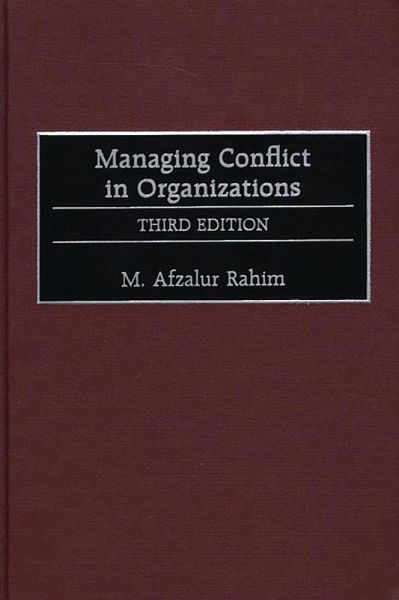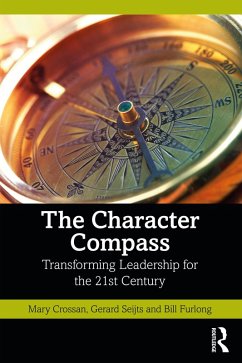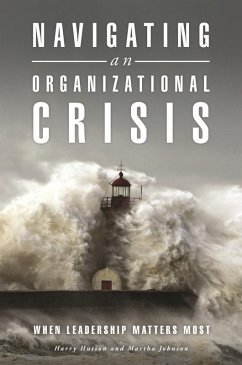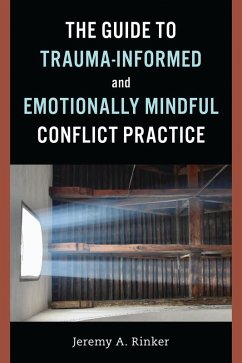
Managing Conflict in Organizations (eBook, PDF)
Versandkostenfrei!
Sofort per Download lieferbar
58,95 €
inkl. MwSt.
Weitere Ausgaben:

PAYBACK Punkte
29 °P sammeln!
This revised and updated edition of Rahim's classic work on managing conflict in organizations presents new evidence that suggests, contrary to generally accepted views, that organizational conflict need not be minimized or avoided in all cases. Some conflicts are functional and others are dysfunctional. Substantive or task-related conflict is functional for nonroutine tasks, but affective conflicts are dysfunctional irrespective of the task conditions. Classifying conflicts as intrapersonal, interpersonal, intragroup, or intergroup, Rahim explains how to diagnose conflict, how to intervene ef...
This revised and updated edition of Rahim's classic work on managing conflict in organizations presents new evidence that suggests, contrary to generally accepted views, that organizational conflict need not be minimized or avoided in all cases. Some conflicts are functional and others are dysfunctional. Substantive or task-related conflict is functional for nonroutine tasks, but affective conflicts are dysfunctional irrespective of the task conditions. Classifying conflicts as intrapersonal, interpersonal, intragroup, or intergroup, Rahim explains how to diagnose conflict, how to intervene effectively, and how to handle all the different types of conflict that typically arise in organizations. Rahim's systematic approach to conflict management identifies five styles of handling conflict (integrating, obliging, dominating, avoiding, and compromising). These styles may be used in the course of an intervention, a technique that enables managers to minimize affective conflict while attaining and maintaining a moderate amount of substantive conflict at the individual, group, and intergroup levels. Rahim's book will be of interest to scholars, students, and practitioners in management, organizational psychology, human resources management, and communication.













